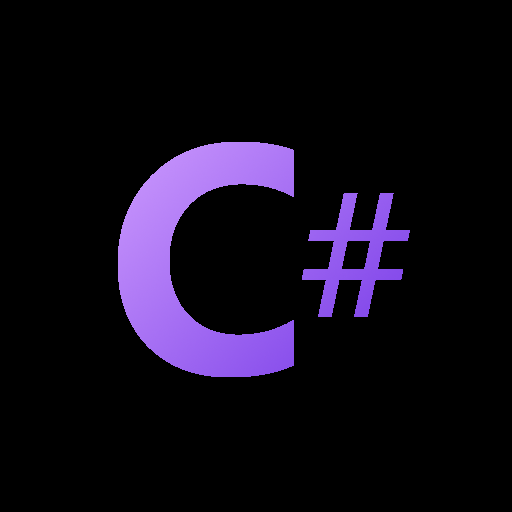

Another deer!? 😱


Another deer!? 😱
What about people who speaks it as their 4th language?


AdGuard supports your scenario with AdGuard adblocker + AdGuard VPN. But it’s a paid solution.


AI generated image, I suppose.


Everyone I’ve asked has them too.


deleted by creator


We’re special. 😂 I guess because we are a lot similar to other South American countries, but also very different. For instance, we don’t even speak Spanish.
This is funny because “push” sounds similar to pull in Portuguese. So it’s very common for new English speakers to read a push/pull sign, get confused, and do the opposite. All of us Portuguese speakers are “gifted” when we are just starting to learn English. 🤣


CEO said that forgiving bills for this kind of a thing is a standard practice, but how come this was the customer support’s first reaction:
We normally discount these kinds of attacks to about 20% of the cost, which would make your new bill $20,900. I’ve currently reduced it to about 5%, which is $5,225.
If the customer support has authority to give 20%/5% discounts, this seems to me like the standard practice, and the CEO is probably just doing damage control because this became public.


Check out Drive, Way, Cove, and Lane… creativity off the charts.

Oh man… I honestly made that mistake once when I was learning English.
That’s a table scan, right there. Naughty.


But, is that bar on sale?


Agree.
I’m just saying OP is loading stuff into a dictionary that perhaps function as a Domain Model. Then they pass this Domain Model to a Use Case, where it gets modified and saved to a database.
OP was asking for an architecture name or design pattern, and while it’s not a perfect match, it’s kinda like a Domain Model, although an anemic one.
None of this is a DDD requirement.


If you ignore the caching, the approach you’re describing loosely aligns with the concept of Domain-Driven Design (DDD). In DDD, the model is loaded before any business logic is executed, and then any changes made to the model are persisted back to the database.


How does the caching work? If the method is called again with the same parameters, does it load from the cache or fetch the data from the database into the cache again?
Oh, that “sincerely karen” is fun.